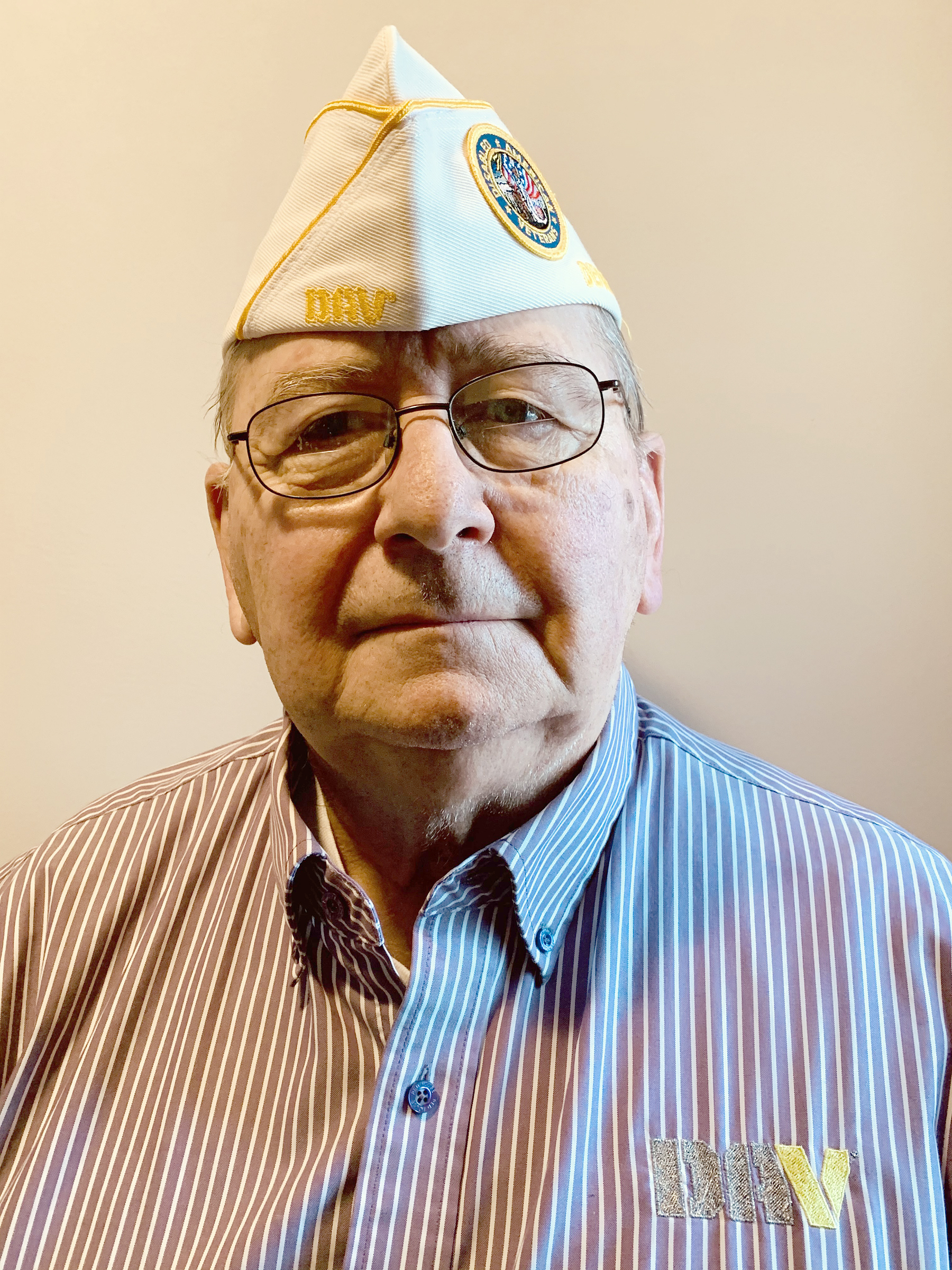On February 1, 2023, the House of Representatives passed H.R. 139, the Stopping Home Office Work’s Unproductive Problems Act of 2023, by a vote of 221 to 206. The House Bill is now sent to the Senate for action.
Briefly, the House Bill would require each Executive Federal Agency to reinstate the telework policies that were in place on December 31, 2019.
The bill would require that within 30 days of passing, every agency returns to pre-pandemic arrangements. The bill would also require federal agencies to complete and submit to Congress studies outlining how pandemic-era telework impacted their performance.
The Executive Agencies may not implement any expanded telework policies, according to the Bill unless the Office of Personnel Management (OPM) reviews any changes. The OPM must certify that any new expanded telework policies, among other requirements, will have a positive effect on the agency’s mission and operational costs.
How does the passage of this House Bill impact our veterans?
Congressman Warren Davidson, and seven other Ohio Republican Congressmen, voted to pass this House Bill, which was introduced on January 9, 2023.
According to Congressman Davidson, he voted for H.R. 139 for two (2) specific reasons. First, because it would require federal agencies to end their COVID-19 telework policies; and second, to review the adverse impacts these policies have had on the American people.
On the other hand, Congresswoman Marilyn Strickland, of Congressional District 10, from the State of Washington, voiced her opinion (and vote) against H.R. 139. According to her, this is a bill “that blatantly ignores the hard-fought lessons the (COVID-19) pandemic taught us.”
The lessons were, according to Rep. Strickland, that “telework saved the lives of workers while allowing the federal government to continue serving
communities, families, and businesses, ensuring the distribution of lifesaving funding and essential services.”
According to Davidson, “every week, I hear from constituents that continue to have issues with federal agencies. The National Personnel Records Center (NPRC) telework policy led to a 500,000 records requests backlog.”
I have had an article published in the Clermont Sun (on August 4, 2021), that stated without the NPRC records, veterans cannot access most of the benefits that they have earned, such as disability compensation, medical care, GI benefits and burial benefits.
The Ohio Congressman stated that “Telework policies at other agencies like the IRS and the Social Security Administration have created similar problems. I voted for the Show Up Act because veterans, seniors, and taxpayers deserve better.”
My Opinion: I was under the impression that when the existing telework policies were canceled, effective December 31, 2019, because of the COVID-19 pandemic, this would be a short-term provision.
When the COVID-19 pandemic subsided, federal employees would then
return to their worksites to serve the public.
My main concern in this issue focuses on the veterans. Many of the veterans of both the Korean War and Vietnam War lack the technical, computer-specific ability to participate in the telework arena.
The centerpiece of H.R. 139 focuses on productivity. To my knowledge, there have been no studies directly related to the productivity of federal agencies prior to December 31, 2019, and after this date. The key factor of the passage of H.R. 139 would be that the federal employees would return to their worksites prior to studies being conducted.
H.R. 139 would require federal agencies to detail how pandemic-era telework negatively impacted or improved their work performance. If the studies indicated that telework negatively impacted the productivity of the federal agency, then the policies prior to December 31, 2019, should remain in effect.
However, if the studies, initiated by H.R. 139, indicated that productivity increased after December 31, 2019, then new telework policies should be established.
In this particular issue, I concur with the reasonings of Democratic Representatives Josh Harder, Kim Schrier and Susan Wild who voted in favor of H.R. 139, joining with Ohio Republican Congressmen Troy Balderson; Warren Davidson; Bill Johnson; David Joyce; Jim Jordan; Bob Latta; Max Miller; Michael Turner; and Brad Wenstrup.
I firmly believe that federal agencies must be responsive to the American taxpayers and the veterans. The private sector is now requesting that their employees should show up for work. Government workers should also be required to show up for work!
BioSketch: John Plahovinsak is a 32-year retired Army veteran who served from 1967 to 1999. He is the Disabled American Veterans (DAV) Department of Ohio Hospital Chairman and Adjutant of DAV Chapter #63 (Clermont County).

